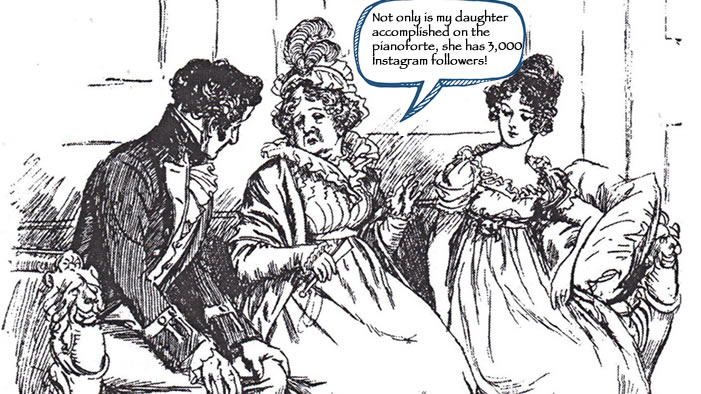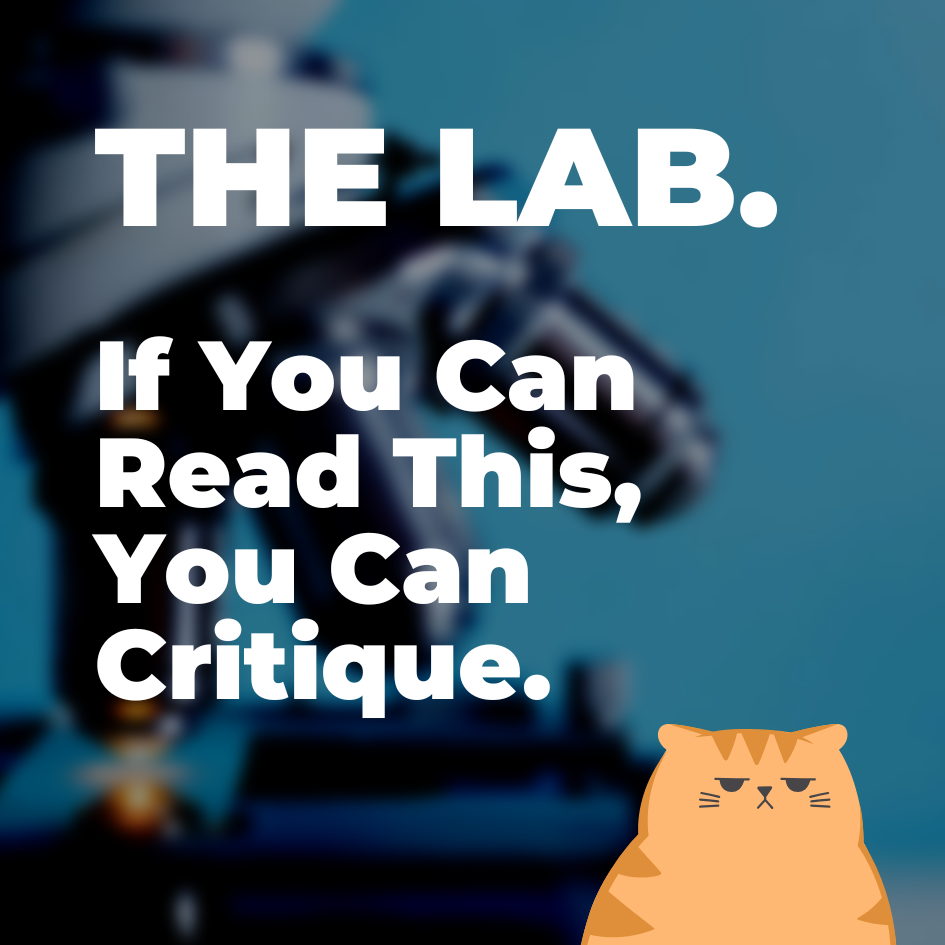Paul Whybrow
Full Member
I've been writing crime novels for the last three years, set in dozy 21st-century Cornwall, but where modern technology constantly intrudes. Mobile phones, computers, CCTV surveillance cameras can certainly be used as key elements of the plot, but they also slow the action down, for I feel that I have to mention them, (or I'll sound like I don't know my subject), but I'd prefer to move things along with face-to-face questioning of suspects.
The same applies to forensic pathology and psychiatry, with offender profiling, all of which are crucial, but which involve masses of research for the writer. Thanks to series like CSI, everyone thinks they're an expert.
I well understand why many crime writers choose to base their stories in olden times before everyone was connected. My second novel was so stuffed with technology, that I set the third on untamed moorland, with no security cameras and where mobile phone reception is patchy. This returned my story to basic policing skills for my protagonist detective and was more enjoyable to write.
I've been reading local crime writers' novels, to see how they tackle the county and plot layout. Thankfully, for my future prospects, most of the best-known are long gone. It was reading one of the most popular, W. J. Burley, that emphasised how much things have changed in the last forty years. Burley wrote a series of stories featuring Inspector Wycliffe, which were turned into popular television crime dramas that are still shown on British television.
The novel I read, 'The Pea Green Boat' was set in 1975, and the detectives did their work without computers, mobile phones or security cameras. Most documentary evidence came through the post, or by police courier, if it was really urgent. In one hilarious scene, Wycliffe had to wait for twenty minutes outside the only phone box in the village, while a young man flirted with his girlfriend!
These were simpler times, and, it seems to me that it's easier to tell a human story without gadgets constantly interfering. For one thing, explaining evidence gained from phone, computer and CCTV records means a lot of 'telling' rather than 'showing'—something we're discouraged from doing in writing.
Do any of you resent the interference of technology? Did you move your story to a bygone era to get away from it?
Imagine Pride and Prejudice set in modern times, with texting, Skype and social media!

The same applies to forensic pathology and psychiatry, with offender profiling, all of which are crucial, but which involve masses of research for the writer. Thanks to series like CSI, everyone thinks they're an expert.
I well understand why many crime writers choose to base their stories in olden times before everyone was connected. My second novel was so stuffed with technology, that I set the third on untamed moorland, with no security cameras and where mobile phone reception is patchy. This returned my story to basic policing skills for my protagonist detective and was more enjoyable to write.
I've been reading local crime writers' novels, to see how they tackle the county and plot layout. Thankfully, for my future prospects, most of the best-known are long gone. It was reading one of the most popular, W. J. Burley, that emphasised how much things have changed in the last forty years. Burley wrote a series of stories featuring Inspector Wycliffe, which were turned into popular television crime dramas that are still shown on British television.
The novel I read, 'The Pea Green Boat' was set in 1975, and the detectives did their work without computers, mobile phones or security cameras. Most documentary evidence came through the post, or by police courier, if it was really urgent. In one hilarious scene, Wycliffe had to wait for twenty minutes outside the only phone box in the village, while a young man flirted with his girlfriend!
These were simpler times, and, it seems to me that it's easier to tell a human story without gadgets constantly interfering. For one thing, explaining evidence gained from phone, computer and CCTV records means a lot of 'telling' rather than 'showing'—something we're discouraged from doing in writing.
Do any of you resent the interference of technology? Did you move your story to a bygone era to get away from it?
Imagine Pride and Prejudice set in modern times, with texting, Skype and social media!





